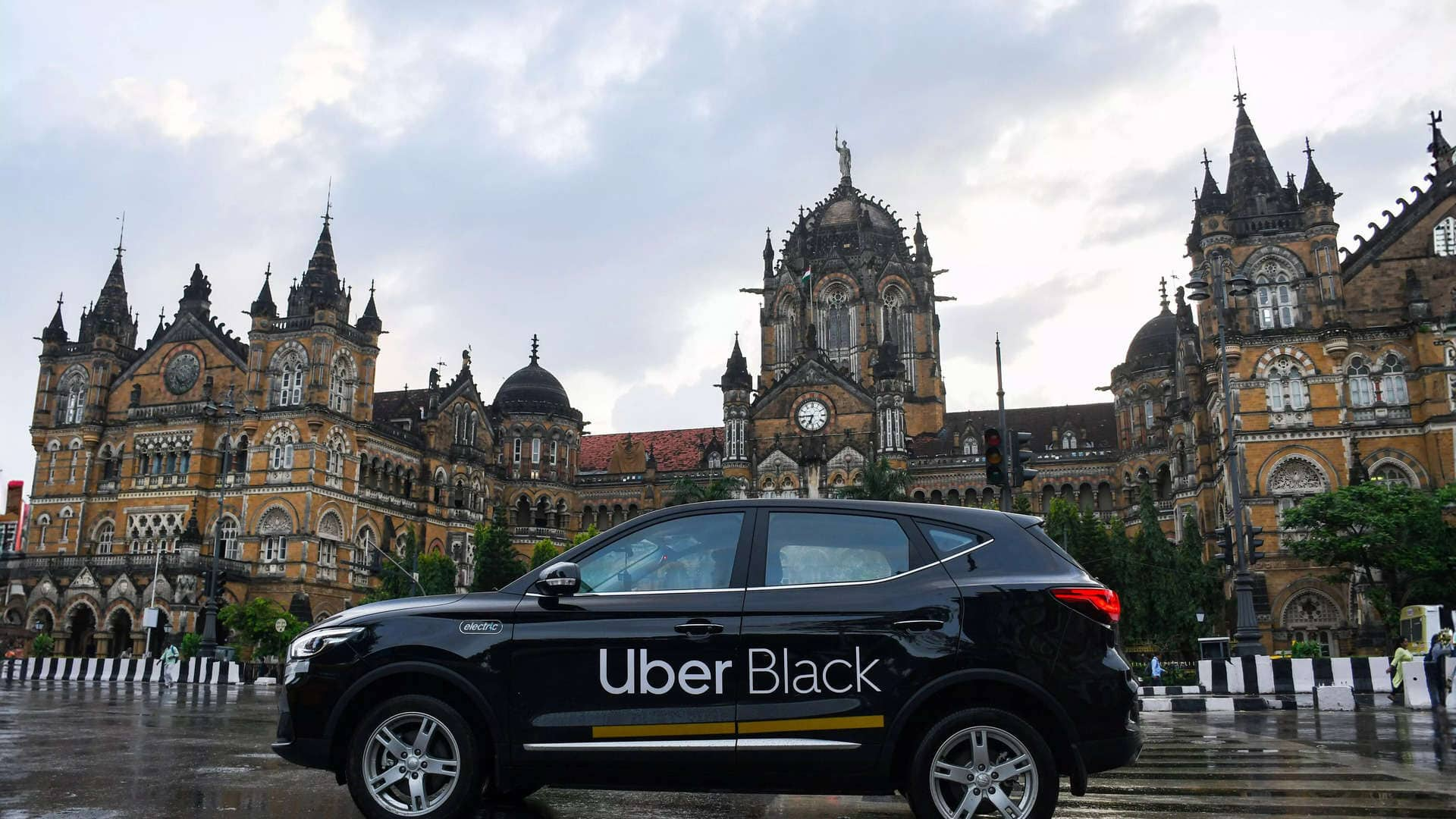
Uber Black returns to offer premium rides in India
What's the story
Uber has announced the relaunch of its premium service, Uber Black, in India. The reintroduction will initially be limited to Mumbai and is set to commence next week. This move comes as a response to the growing demand for high-end services among Indian consumers. The pricing for Uber Black will be 30-40% higher than that of Uber Premier, the company's existing top-tier service.
Enhanced features
Uber Black to offer personalized ride experience
Uber Black aims to provide a personalized ride experience with several premium features. These include access to high-end cars and top-rated drivers, options for quiet mode and temperature control, as well as luggage assistance. Additionally, riders will benefit from extended wait times that include an extra five-minute pickup window without any additional waiting fee.
Service evolution
Uber Black's history and future prospects in India
Uber initially launched its operations in India with Uber Black in 2013, offering luxury cars like Mercedes, BMW, and Audi on demand. However, the service was discontinued a year later after replacing these luxury vehicles with models like Toyota Innova and Honda City. Prabhjeet Singh, President of Uber India and South Asia expressed his excitement about reintroducing Uber Black to meet the evolving aspirations of Indian customers.
Fleet details
Uber Black's vehicle lineup and expansion strategy
The revamped Uber Black service will utilize sport-utility vehicles (SUVs) and multi-utility vehicles (MUVs) from brands like Toyota and MG. The launch is being facilitated through Uber's fleet partners, with the company having invested significantly in expanding these partnerships. In 2023, Uber led a $20 million funding round for Mumbai-based Everest Fleet, one of its largest vehicle partners.
Market footprint
Uber's growth and market presence in India
Over the past few years, Uber has diversified its services in India by introducing intercity rides, pre-reserved trips, store pickups, and bus shuttle services. The company currently has over 1.1 million active drivers on its platform and operates across 125 cities in the country. Despite this extensive network, Singh acknowledged that ride-hailing platforms still lack sufficient vehicles to meet rapidly increasing consumer demand.